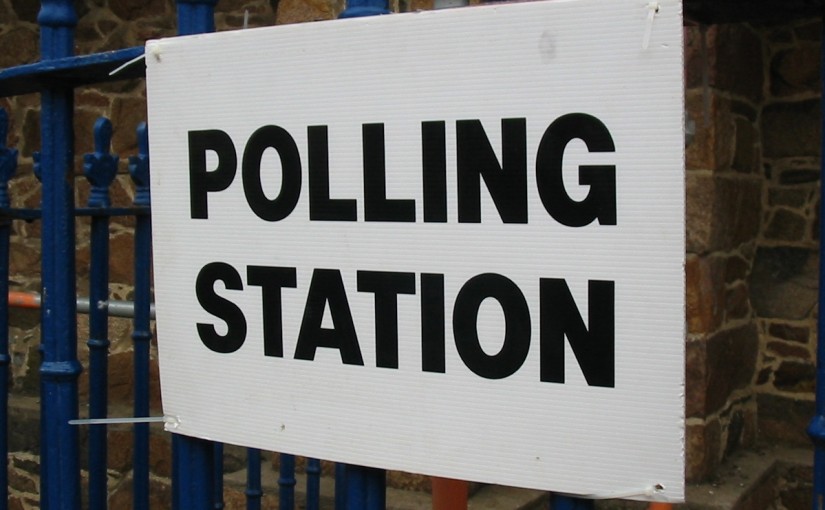It had been hoped that the religious and political binary fault line between Catholic/ Nationalist/ Irish and Protestant/ Unionist/ British was something that 20 years of the Peace Process would begin to erode.
This election will suggest quite the reverse: ‘real’ politics, based on political, ideological issues rather than simple religious affiliation may be some way off.
So, despite a devolved Assembly which enshrines representation of all political identities, and billions of pounds in Peace Process money financing multiple cross community initiatives to build a post conflict society, this election sees Northern Ireland as divided as it ever was.
The recent Protestant/ Unionist electoral pact between the Democratic Unionist Party and Ulster Unionist Party, illustrated the narrow identity lines down which Northern Ireland’s communities remain split. Protestants will vote for their own – especially against Sinn Féin. In at least 10 constituencies the Unionist vote will prevail for this reason.
Sinn Féin on the other hand will continue it remarkable rise from the political wing of the Provisional IRA to the largest mainstream party in Catholic Nationalist community.
It has achieved this largely down to how it has transformed itself to encapsulate its role as the key defender of Catholic Nationalist identity politics.
The Catholic middle class has come to see Sinn Féin as the natural defender of Catholic Nationalist rights against the neo-Conservative Christian Protestant assault of the DUP.
But, as traditional Irish republicans Sinn Féin does not recognize the British state and its MPs will not swear allegiance to the Queen, therefore it will not take the five seats it is likely to win.
The other significant Catholic nationalist party, Social Democratic and Labour Party (SDLP), born out of the Catholic civil rights movement of the late 1960s, was the largest Nationalist party until 2001. Since then Sinn Féin has largely usurped it in all but three Westminster constituencies.
There has been no electoral pact in Nationalist Catholic politics and the SDLP might see its influence decline further this time round.
Therefore, with the exception of the hugely affluent North Down constituency, Northern Ireland’s millionaire Gold Coast, which has the independent unionist Lady Sylvia Hermon as MP, Northern Ireland’s 2015 election should just divide down largely religious lines.
As a barometer of the Peace Process’s brief to reform the polarized nature of Northern Irish society, General Election 2015 could be its most damning indictment.
Journalist Damian Wilson got to the heart of the religious polarization of the state and the effects of the Unionist electoral pact.
Instead of holding an actual election, he noted on Twitter, we should just award the constituency to the religious group with the largest numbers:
“Wish Sinn Féin and SDLP would get on with their pact so we can forget about elections and just count names on church registers.”
Plus ça change.

